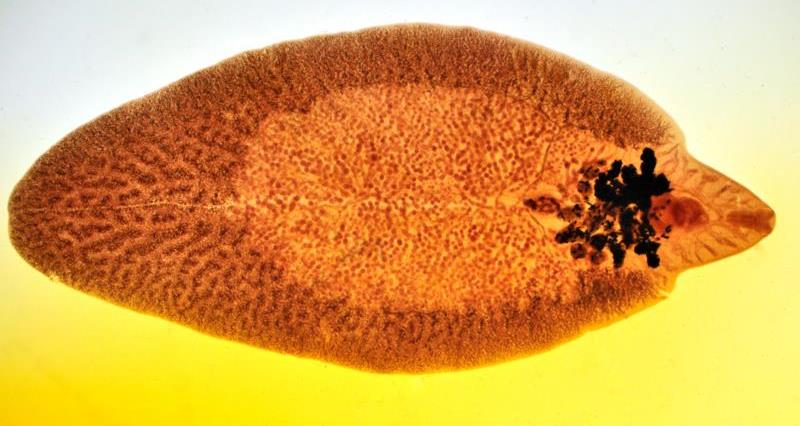Speaking on behalf of SCOPS, Lesley Stubbings explains: “Reports from around the UK suggest that, as predicted, there has been a low challenge from liver fluke this winter. However, experts from around the country agree the key action this spring is to test to see if there are adult fluke present. If they are, treatment is needed to minimise the number of liver fluke eggs deposited on pastures this spring and reduce infection levels later in the summer.”
Testing and treating
If animals are infected with liver fluke at this time of year, the majority will be egg-laying adults. Therefore, a straight forward composite faecal egg count (FEC) with samples taken from 10 animals within a management group* will indicate if a fluke treatment is needed. A product that is specific for the treatment of liver fluke and only removes adults (such as oxyclozanide or albendazole) is normally recommended at this time of year. This will reduce infection on pastures and also reduces pressure on the other flukicides that are needed when immature liver fluke are an issue.
For sheep
For cattle
